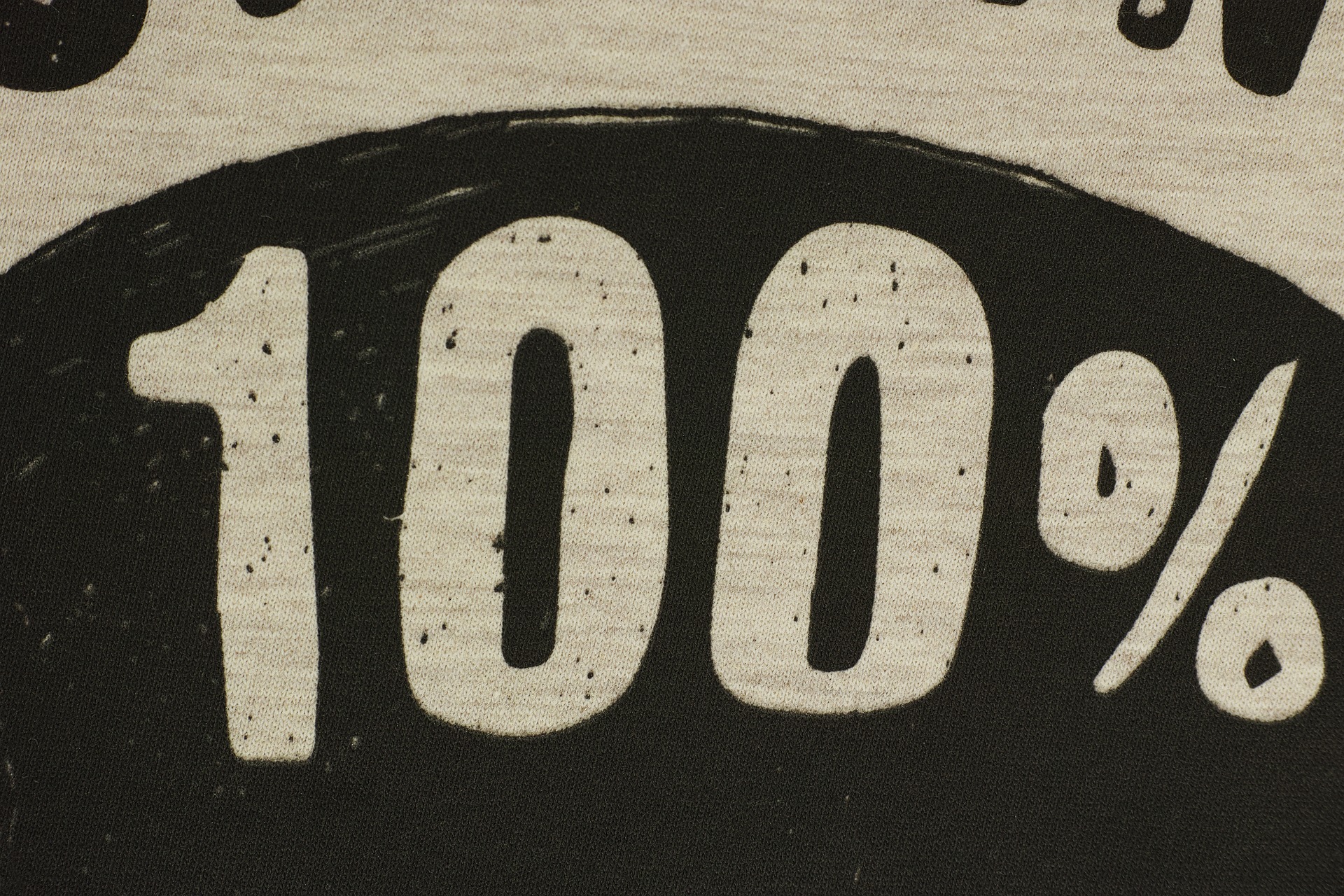
The fashion industry is the second largest polluter in the world — but we can all shop smart, look luscious and feel fabulous in Earth’s own natural fibres.
Eco-conscious meets fashion-conscious
Were you aware the fashion industry is the second largest polluter in the world? The fast turnover of fashions and our culture of obsessive overconsumption are aggravating the already burgeoning waste problem and fuelling climate change. As individuals we can all make a difference in the choices we make when shopping. Here are some suggestions on how to make your clothing purchases more Eco-friendly:
Helping the environment, people and animals doesn’t mean you can’t have style
Over 13 million tons of clothing are thrown away each year in just the US alone, and it’s no surprise that throwing out clothes is no big deal to the average consumer, with clothing is so cheap, and of such poor quality you can buy a top for the price of a meal.
But it is a big deal, reports 1MillionWomen — The cost of the clothing we purchase runs far deeper than the price tag. Textile waste such as synthetic chemicals and dyes pollution is responsible for almost 20% of industrial water pollution. Huge amounts of precious resources like water are used to produce our clothes, with 2.6% of our global water use attributed to cotton alone!
The textile industry isn’t only harmful for the environment. The industry has a huge impact on people and animals. The many people who work in clothing factories make as little as 88 cents an hour, and often work in unsafe conditions. Millions of animals are killed each year for their fur and skin.
Despite the negatives of the textile industry, many people do not change their habits. In the age of social media, there is a stigma, especially for fashion bloggers, to wear the same outfits and items of clothing in separate posts. Fashion seasons are becoming shorter and shorter, giving consumers more reason to throw out perfectly fine clothing.
It’s time to embrace sustainable fashion. Helping the environment, people and animals doesn’t mean you can’t have style.
Source: 1MillionWomen

End Fashion pollution by shopping sustainably
Here are some smart tips to make your clothing purchases more Eco-friendly:
- Choose natural fibres like organic cotton, linen and hemp. These decompose in a natural environment, unlike synthetic fabrics which never breakdown. They look good, feel good close to the skin, and allow your skin to breathe in a more natural way.
- Choose quality. Avoid the false economy of lower quality clothing that won’t last. These items often have crooked and loose seams, poor stitching, and are made from inferior quality fabrics.
- Choose locally made clothing where possible to reduce the carbon miles of transportation from factory to warehouse to store.
- Shop secondhand. When we buy newly made clothes, we also buy into all the energy, resources and pollution that go into making them. When we buy secondhand, we support a recycling culture and, more often than not, get a superior quality at a bargain price.
Shop smart: 35 Fair Trade & Ethical Clothing Brands Betting Against Fast Fashion
The 35 companies listed are some of Teen Vogue’s favourite ethical alternatives to fast fashion companies. Each one has made it a central part of their mission to approach fashion in an ethical and transparent way that considers both people and the planet.